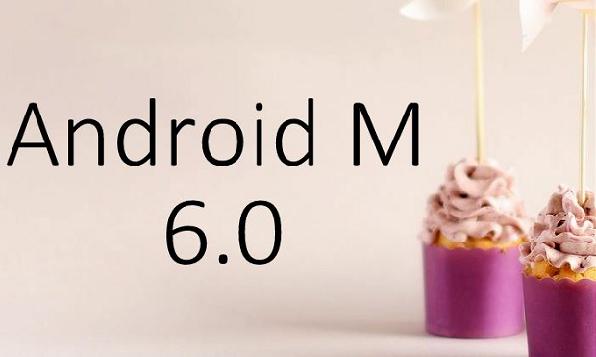Last Updated on April 4, 2017 by Mathew Diekhake
Last week, Google I/O flooded the tech world with various, interesting announcements including virtual reality advancements to non-touch interfaces. Android M was one of the larger announcements at Google I/O and was a large focus on Day 1. The update brings many incremental improvements and compelling features to Android, such as a new permissions system, battery life improvements, and improved fingerprint support. Along with numerous other improvements and features, Android M presents itself as an enticing update to Lollipop.
One of the components of Android seeing change in Android M is the app permissions system. In a manner similar to Apple’s system, app permissions will ask for use of an Android phone’s component in the midst of an action that would require that use. Currently, the app permissions are all shown prior to the downloading of an app. This new system allows for a more transparent way for the user to see what permissions are required and why they are required for any app.

Google also announced a new Doze Mode that will lead to improved standby times, and, therefore, battery life in Android phones. Doze Mode essentially places a phone in a deeper “sleep” after a certain period of disuse, reducing app syncing rates. Google tested the feature with two identical Nexus 9s, with one running Lollipop and one running M. The Nexus 9 running Android M had twice the standby time of the one running Lollipop. This is a greatly appreciated effort by Google, as battery improvements are always welcome in the Android community.
On top of improved battery life and a new app permissions system, Google announced an effort to fully support USB type C. USB type C is a brand new USB standard that features reversibility, increased power delivery, and support for various devices of all shapes and sizes. Google, like many other technology companies, will be supporting USB Type C within Android M and in new Google hardware. This is positive news for the consumer, because the benefits of USB Type C serve to benefit the end-user greatly.
Other improvements and features mentioned that will be included in Android M include a new app intents system, Work Contacts in personal contexts, new text selection actions, fingerprint sensor support, and new Chrome tools for mobile developers. Clearly, Android M is stacked with important new features and improvements that will greatly advance Android as a whole.
